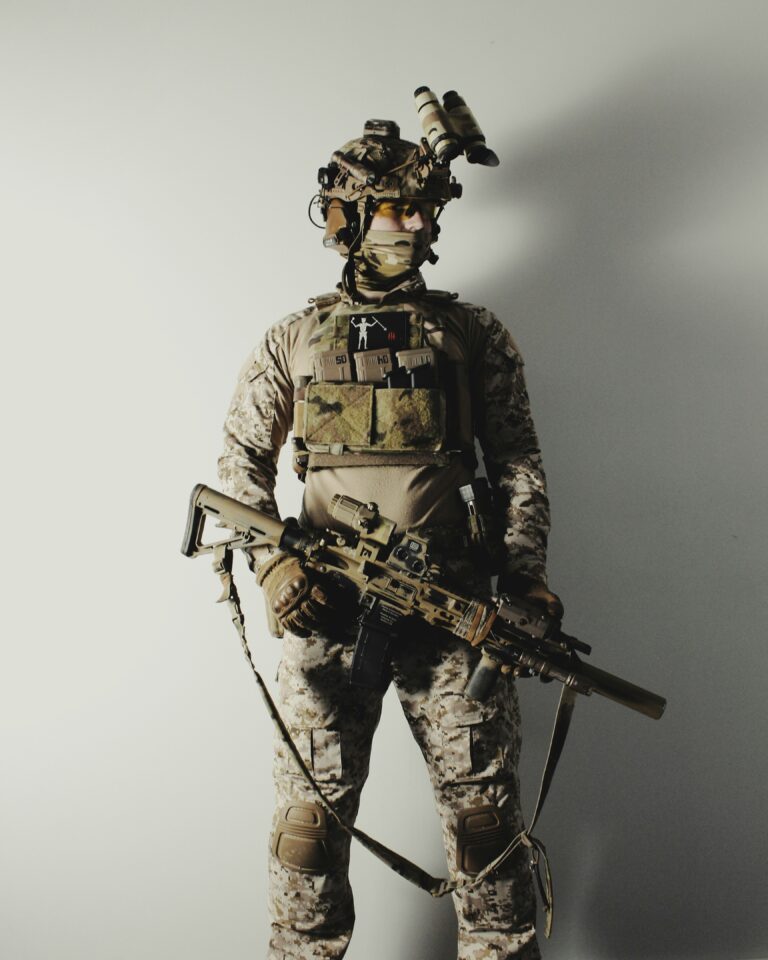The Role of Virtual Reality in Career Exploration and Vocational Training
all panel.com, cricket 99 betting app, lotus365 login: Virtual reality (VR) technology has been making waves in various industries, including career exploration and vocational training. This cutting-edge technology offers immersive experiences that can revolutionize how individuals explore potential career paths and receive vocational training. Let’s dive into the role of virtual reality in these areas and how it is shaping the future of work.
Exploring Career Options
One of the significant advantages of virtual reality in career exploration is the ability to provide realistic simulations of various professions. Individuals can step into different virtual environments and get a firsthand experience of what it’s like to work in a specific field. Whether it’s exploring the inner workings of a hospital as a medical professional or conducting experiments in a laboratory as a scientist, VR offers a glimpse into different career paths like never before.
Enhancing Vocational Training
In addition to career exploration, virtual reality is transforming vocational training programs. Hands-on training is crucial for many professions, and VR technology provides a safe and controlled environment for learners to practice their skills. From welding to automotive repair, VR simulations allow individuals to develop their expertise without the risk of real-world consequences. This immersive training experience can accelerate learning and improve retention rates among trainees.
Empowering Skill Development
Virtual reality is not just limited to specific professions; it can also be used to develop essential skills that are valuable in any career. Soft skills such as communication, teamwork, and problem-solving can be honed through interactive VR scenarios. Individuals can practice handling difficult situations, giving presentations, or collaborating with colleagues in a virtual setting. These experiences can help individuals build confidence and improve their overall employability.
Increasing Accessibility
Another benefit of virtual reality in career exploration and vocational training is its accessibility. Individuals from remote areas or underserved communities may not have easy access to traditional training programs or job opportunities. VR technology can bridge this gap by providing virtual access to educational resources and job simulations. This democratization of information can empower individuals to explore diverse career paths and acquire valuable skills regardless of their location.
Frequently Asked Questions
Q: Is virtual reality suitable for all career fields?
A: While virtual reality is well-suited for hands-on professions like healthcare and skilled trades, it can also be adapted for various other career fields through creative simulations.
Q: How realistic are virtual reality simulations?
A: VR technology continues to advance, providing increasingly realistic and immersive experiences that closely mimic real-world scenarios.
Q: Can virtual reality replace traditional training methods?
A: Virtual reality is a valuable supplement to traditional training methods, offering unique benefits such as immersive simulations and increased accessibility.
In conclusion, virtual reality is playing a pivotal role in career exploration and vocational training by providing immersive experiences, enhancing skill development, increasing accessibility, and empowering individuals to explore new career paths. As this technology continues to evolve, its impact on the future of work is bound to be transformative.







